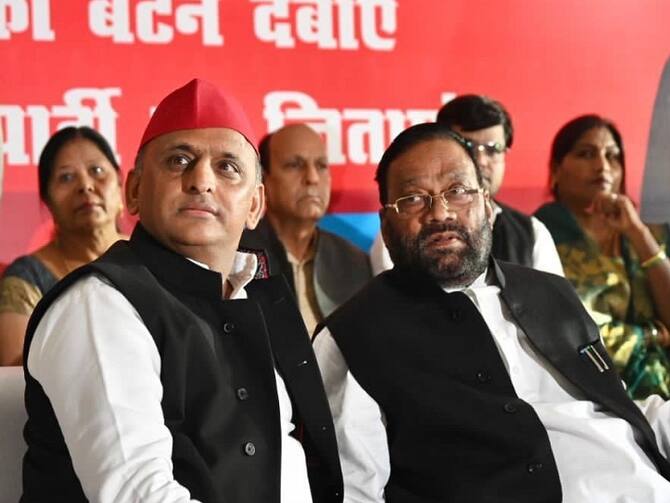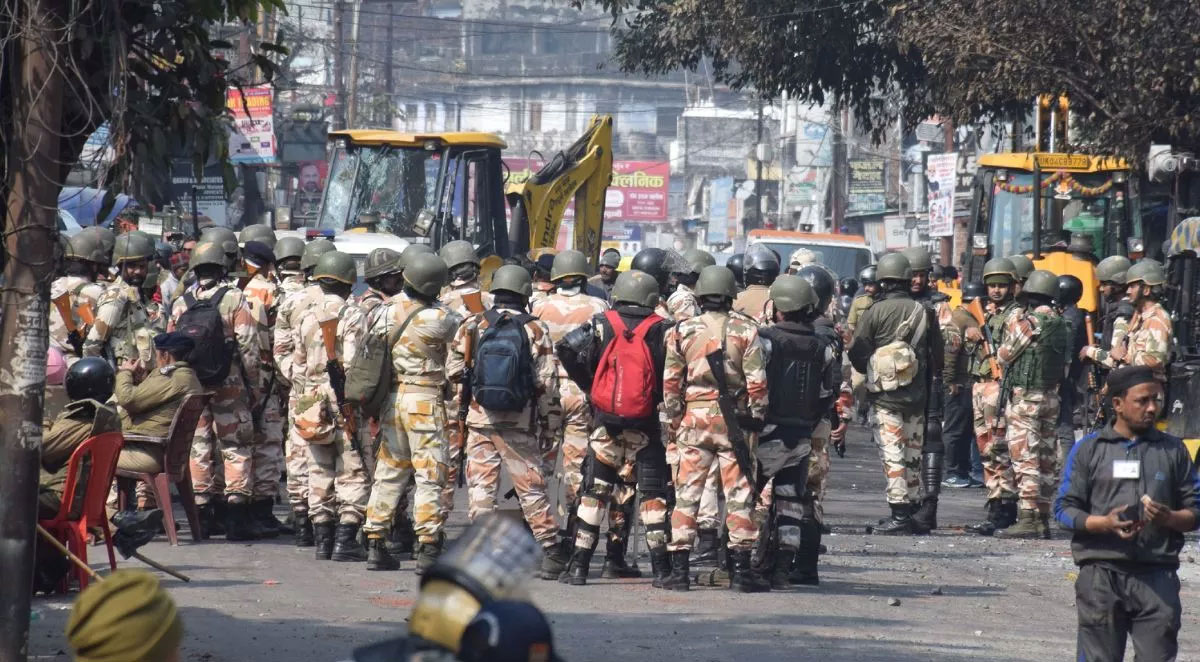FORWARD THINKING
On 7 November, while delivering the judgment on the petition challenging the constitutionality of reservation for the Economically Weaker Sections (EWS), members of the designated Constitution Bench of the Supreme Court emphasized the need for taking “a step forward” and for “fraternity”. Yet the judgment reflected anything but these high ideals.
Because society can’t move forward by simply papering over scripturally sanctioned, religiously enforced, caste-based, graded hierarchy that has survived hundreds if not thousands of years, which has been dealt with only marginally by means of effecting representation in the State through reservation. Because reservation has been on paper for SCs and STs since the day India became a republic, and for OBCs since the 1990s in public employment and since 2006 in higher educational institutions, but as far as implementation goes, in the case of SCs and STs, reservations have only recently been fully implemented while that still cannot be said about the OBCs. Even the full implementation of the reservation granted to the OBCs on paper will only secure a representation that is at the most half their proportion in the population.
Government ministries, departments, public sector units (PSUs) and university campuses are still predominantly upper-caste. The higher courts themselves remain deeply unrepresentative of society as reflected by the Bench that delivered the judgment on EWS reservation – it did not have any one from the SCs, STs or OBCs, which together form an overwhelming majority of the population. The judges delivering this judgment most probably haven’t ever had an SC, ST or OBC classmate or colleague. No wonder as constitutional law expert Faizan Mustafa wrote in the Indian Express, the Supreme Court has always reluctantly approved of caste-based reservations, with caveats – for example, economic criteria was introduced in OBC reservations to keep out the “creamy layer”. But now the Supreme Court does not seem to have a problem with the SCs, STs and OBCs being kept off the purview of the reservation for the Economically Weaker Sections – in other words, a quota for the upper castes!
What apart from a complete disregard for fraternity – all the way from the passage of the Constitution 103rd Amendment Bill in Parliament to the Supreme Court validating it – leads to establishing a measure that seeks to maintain the caste hierarchy under the guise of economic justice.

Jotirao Phule, Shahuji Maharaj and B.R. Ambedkar (all of whom have found a mention in the judgment) fought for fraternity but it wasn’t just some ideal they aspired to – as may have been the case with Vivekananda or Aurobindo (who also have been quoted on fraternity); it was a deeply felt need arising from the unequal, even inhuman, treatment they themselves and their communities had experienced. Looking up from where they were situated in the caste hierarchy, they had no doubt that the graded caste hierarchy was the fundamental reason for the lack of fraternity in society.
Just last month, there were media reports from Khargone, Madhya Pradesh, about how upper-caste builders had plotted to get land from OBC farming communities on the cheap by giving their outfit a Muslim name and employing the services of a Muslim man. The farmers were told that they would be soon be engulfed by a Muslim colony and slaughter houses, and this was enough to make them part with their lands for paltry sums. Only years later have the farmers discovered that they had been duped, because the outfit that bought the land has now made public its real upper-caste Hindu name.
What apart from a lack of fraternity causes a disaster like the Morbi bridge collapse in Gujarat during Chhath Puja that led to a loss of around 135 lives! We can’t think beyond the benefits accrued to our families, extended families, sub-castes and castes, so leaving a deathtrap for hundreds of unsuspecting others doesn’t really bother us. A caste-storeyed society is thus fertile ground for ruthless capitalism, with sufferings of the majority, the productive class appearing distant and evoking little sympathy, let alone empathy. A reservation quota exclusively for the upper castes, and the still grossly inadequate reservation for the historically marginalized majority only makes light of this state of affairs.
Forward Press also publishes books on Bahujan issues. Forward Press Books sheds light on the widespread problems as well as the finer aspects of Bahujan (Dalit, OBC, Adivasi, Nomadic, Pasmanda) society, culture, literature and politics. Contact us for a list of FP Books’ titles and to order. Mobile: +917827427311, Email: info@forwardmagazine.in)





